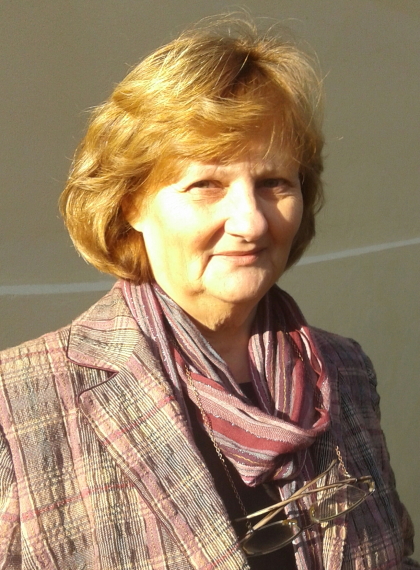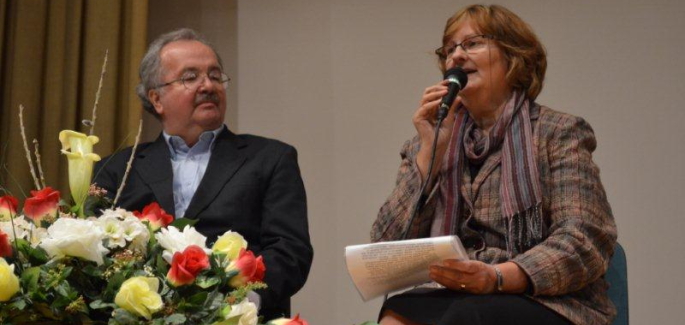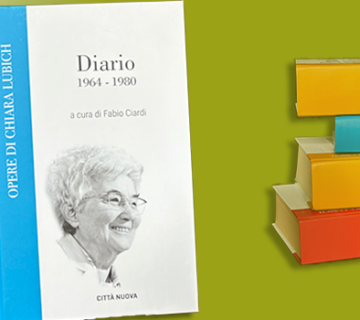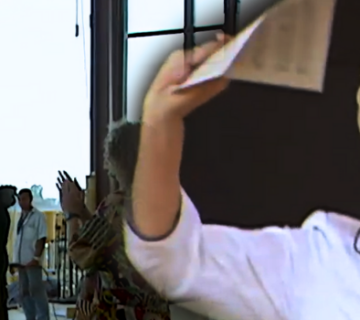With the fall of the Berlin Wall everything seemed resolved. No one imagined that the walls of mistrust, hatred and prejudice stood on in the former Yugoslavia, impeding what for so many years the Focolare communities had been trying to build: unity among all, differences of differences ethnicity, language and religion. They saw the diversity as enrichment. The announcement of the conflict was a real shock to them, but also an incentive to continue believing that despite the absurdity of fratricidal war, God’s love had not diminshed.
 Minka Fabjan, expert in administration and active in the field of the Economy of Communion, reports on behalf of the community in Zagabria: “It was August 1991 and, amidst a thousand hardships, a group of us went to Katowice, Poland, because we learned that Chiara Lubich was going to be there. She invited us to testify to the Gospel in every possible way, to ‘shout it from the rooftops’. There were already the first rumblings of war in Croatia: closed schools, blocked highways . . . Amidst winds of war, it was striking to hear our messages of peace which, at the urging of Chiara, we sent to various public broadcasters. Nevertheless, her messages became more intense: “Demonstrate with your life that love conquers all.” She had been the one to suggest that we collect signatures for peace: “in schools, in front of churches, on public squares, in Slovenia, Serbia and everywhere. Because of the air raids, in Croatia we even gathered signatures in the air raid shelters. Within a few days we sent them off to several Heads of State, 65,000 signatures.”
Minka Fabjan, expert in administration and active in the field of the Economy of Communion, reports on behalf of the community in Zagabria: “It was August 1991 and, amidst a thousand hardships, a group of us went to Katowice, Poland, because we learned that Chiara Lubich was going to be there. She invited us to testify to the Gospel in every possible way, to ‘shout it from the rooftops’. There were already the first rumblings of war in Croatia: closed schools, blocked highways . . . Amidst winds of war, it was striking to hear our messages of peace which, at the urging of Chiara, we sent to various public broadcasters. Nevertheless, her messages became more intense: “Demonstrate with your life that love conquers all.” She had been the one to suggest that we collect signatures for peace: “in schools, in front of churches, on public squares, in Slovenia, Serbia and everywhere. Because of the air raids, in Croatia we even gathered signatures in the air raid shelters. Within a few days we sent them off to several Heads of State, 65,000 signatures.”
“Meanwhile our houses filled up with refugees: they were relatives and friends, but also strangers. Therefore, Chiara invited the Movement around the world to become involved in sending help. The first truckload arrived in autumn. It contained foodstuffs and basic necessities, and that continued for years. Red Cross centres, conference halls, houses in the middle of construction and cellars were transformed into storerooms, so that the goods could be shared with neighbours and refugees both Serbian, Muslim and Christian. We prepared up to 300 packages a day. With this humanitarian aid we managed to provide relgular help to 7000 people.”
“We were already feeling tired when, in 1993, Pope John Paul II asked us to open our hearts and homes to the Bosnian women who were arriving from Zagabria, following the unspeakable cruelties suffered in the camps. We felt like Chiara was beside us and so we all got to work. During the 1993 Familyfest, we launched a fundraising campaign that allowed us to give homes to 50 refugee families and to help more than 150 women. Through adoption at a distance, thousands of children were provided for. Several rape victims found the heroic strength to carry the pregnancy to term. In Serbia 700 men – including members of the Movement – were drafted into the federal army. When Chiara heard of it she invited all of us to pray for them, that they would find the courage to oppose violence and not fire their weapons. And those prayers were quickly answered because all of our men were given civil service duties.”
The war had also involved Kosovo and Belgrade. Nevertheless, Chiara wanted to visit an area near Croatia. When Večernji list journalist, Ottone Novosel, asked her if she had any words for the people, Chiara didn’t hesitate: “Show that the miracle of unity is possible even among different ways of thinking, different ethnic groups, and different religions. This war could provoke another reaction, a great flowing of love that could become a model for many other populations. God is the one who guides history ” (April 12, 1999). Her words continue to be timely as we consider the many conflicts that still plague our planet and dishonour our common humanity.


 Italiano
Italiano Español
Español Français
Français Português
Português




No comment